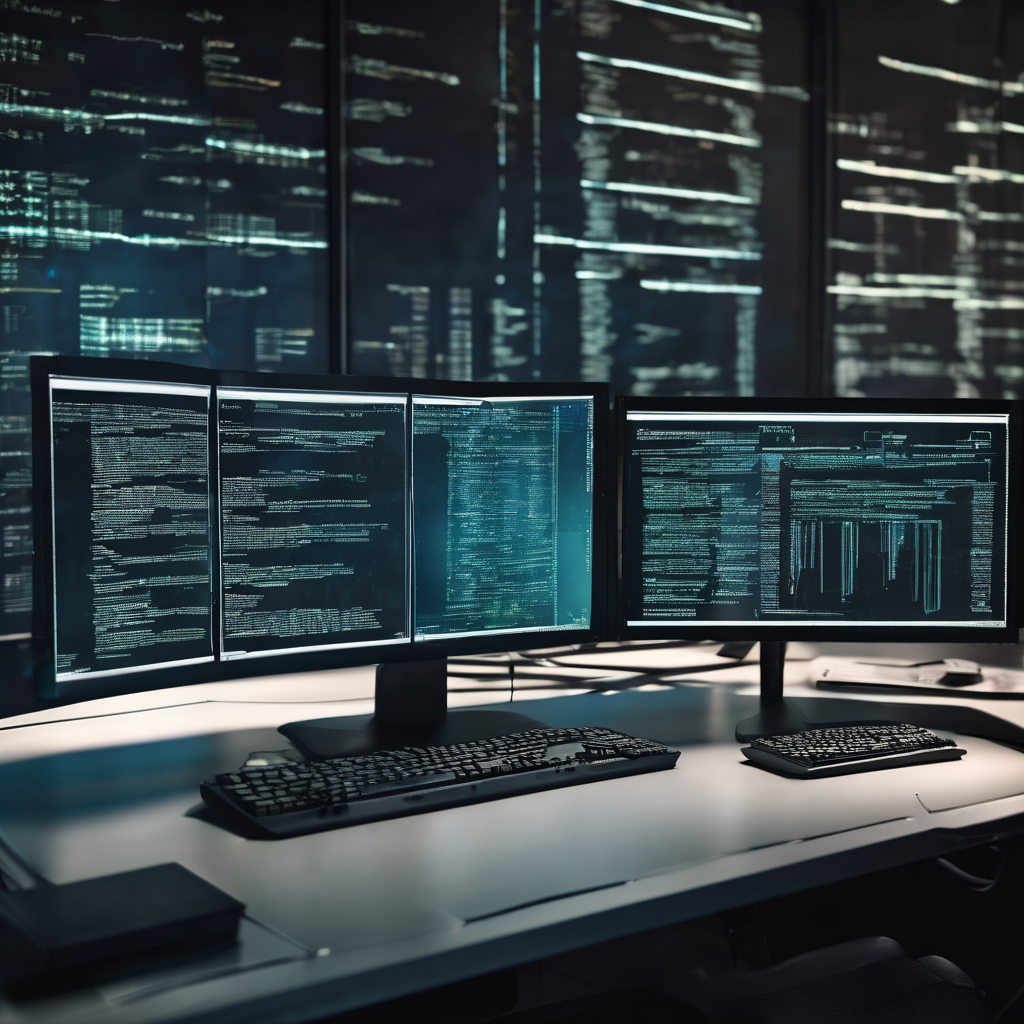None

Brief news summary
Chinese companies are rapidly adopting generative AI, a development that could greatly impact global commerce. With China leading in AI patent filings and receiving government support, significant changes are anticipated in eCommerce and manufacturing. The AI rivalry between China and the US carries trade, innovation, and economic competitiveness implications. While China heavily invests in AI research, the US and Europe employ different strategies in managing AI risks and promoting innovation. Surveys suggest that China is embracing generative AI at a higher rate globally. China's regulatory environment benefits local companies, providing them with advantages in efficiency, cost-effectiveness, and innovation. However, this dynamic may disrupt global trade and strain the US-China relationship. The US has imposed limitations on AI technology exports to China, yet the efficacy of these measures remains uncertain. Experts recommend empowering domestic AI enablers to secure economic advantages over political agendas. The competition between the US and China prompts questions about future innovation, productivity, and market supremacy.Chinese companies are leading the adoption of generative artificial intelligence (AI), giving them a competitive advantage in global commerce. China's dominance in AI patent filings and government support further strengthens its position. This could reshape global market dynamics and give Chinese companies an edge in various industries. The intensifying AI race between China and the United States has profound implications for international trade, innovation, and economic competitiveness, potentially straining U. S. -China relations and prompting a reevaluation of AI regulatory approaches. China's significant investment in AI research and development, coupled with its high adoption rates, patent filings, and favorable regulatory landscape, contribute to its AI leadership. This technological advantage could lead to more efficient operations, cost savings, and innovative products in sectors such as eCommerce, manufacturing, and finance.
The United States is taking measures to curb China's progress in AI, including export controls on advanced computing chips. However, the effectiveness of these measures is yet to be seen. U. S. businesses and policymakers face high stakes in responding to China's AI advancements and should prioritize helping domestic AI enablers gain economic advantages. The competition between the United States and China in the AI industry raises questions about future innovation, productivity gains, and market dominance in the AI-driven economy.
Watch video about
None
Try our premium solution and start getting clients — at no cost to you

I'm your Content Creator.
Let’s make a post or video and publish it on any social media — ready?
Hot news

Micron gives rosy sales forecast as AI spurs dema…
Bloomberg Micron Technology Inc, the largest US memory chip manufacturer, has issued an optimistic forecast for the current quarter, indicating that rising demand and supply shortages are enabling the company to charge higher prices for its products

The News and Intelligence You Need on Luxury
Confidence in generative artificial intelligence (AI) among leading advertising professionals is reaching unprecedented levels, according to a recent Boston Consulting Group (BCG) study.

Google DeepMind's AlphaCode Achieves Human-Level …
Google's DeepMind has recently unveiled AlphaCode, a pioneering artificial intelligence system created to write computer code at a level comparable to human programmers.

The Future of SEO: Integrating AI for Enhanced Se…
As the digital landscape rapidly evolves, integrating artificial intelligence (AI) into search engine optimization (SEO) strategies has become essential for online success.

The Ethical Debate Over AI-Generated Models in th…
The emergence of artificial intelligence (AI) in the fashion industry has sparked vigorous debate among critics, creators, and consumers alike.

AI Video Summarization Tools Aid in News Content …
In today’s fast-paced world, where audiences often find it challenging to devote time to lengthy news content, journalists are increasingly adopting innovative technologies to address this issue.

AI-Powered Video Editing Tools Revolutionize Cont…
Artificial intelligence technology is revolutionizing video content creation, mainly through the rise of AI-powered video editing tools.
AI Company
Launch your AI-powered team to automate Marketing, Sales & Growth

and get clients on autopilot — from social media and search engines. No ads needed
Begin getting your first leads today








